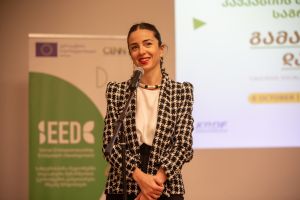
Social Entrepreneurship to tackle post-war recovery: EU4Youth highlights Georgian IDP experience in solidarity for Ukraine
The EU4Youth programme in Georgia last week organised a webinar on the topic of post-war recovery, organised in solidarity with the Ukrainian people, especially active and potential social entrepreneurs. The event was part of the EU-funded project, EU4Youth: Social Entrepreneurship Ecosystem Development (SEED) for Green Growth in Borderline Regions.
The long history of social entrepreneurs has shown that they usually establish themselves during unstable, crisis situations to improve the lives and conditions of affected people. In 2008, Georgia suffered from the Russo-Georgian war. The Shida Kartli region, especially Gori Municipality, was heavily affected – with waves of migration, hundreds of internally displaced persons (IDPs) and unemployment. Despite the personal tragedies and economic hardships, many displaced people were able to establish businesses with social or environmental missions.
The webinar was streamed via Facebook and Zoom – more than 30 people attended on Zoom and over 800 people watched on Facebook Live. The meeting was translated into Ukrainian and will be shared with social enterprises based in Ukraine, aiming to give hope to the people of Ukraine through the practical, shared experiences of others.
As part of the webinar, four social entrepreneurs from Gori Municipality spoke about their enterprises and the lessons they have learnt. The speakers also highlighted the importance of persistence and resilience in social entrepreneurship.
Nino Giorgadze, founder of the Lemo sustainable sewing enterprise in Gori (EU4Youth-SEED beneficiary), was one of the first in the region to develop a textile recycling strategy. Their products have an immediately recognisable design and are made of natural materials. The images embroidered on them are specially designed to develop children’s social and cognitive skills. All their profits go towards empowering socially vulnerable women living in Gori Municipality who have been affected by war. The company employees are all IDPs from the 2008 conflict.
Ketevan Kvachantiradze from the village of Karaleti, founded the sustainable sewing enterprise Bamane (EU4Youth-SEED beneficiary). Ketevan used to have a sewing shop, and now sews sleeping bags for babies using leftover fabrics. “We are employing people in the region, and are planning to expand the enterprise to employ even more,” she said. “It’s important that our enterprise is located in Karaleti, just a few kilometres from a Russian base. Our goal is to create a resilient community in villages like this so they are not deserted and so that young people can find employment and realise their potential locally.”
Nana Chkareuli of Ikorta handicrafts, founded in 2012 by For Better Future, an NGO working in the Tserovani IDP Settlement, explained how the company a way for its beneficiaries to develop their professional lives. There are 10 people working at the jewellery-making enterprise, 9 of whom are women. The company also brings wider possibilities for civil and economic development by reinvesting the profits from the sale of the jewellery into programmes for young people and women in the settlement, which houses IDPs from the Russo-Georgian war.
Archil Gobejishvili is an IDP who established the Dadari social enterprise with a strong and united team of people with different abilities. They make high quality wooden handmade toys. The company’s main social mission is to train people with intellectual disabilities and special psycho-social needs, employ them, and promote their full involvement in public life.
Find out more
MOST READ
SEE ALSO
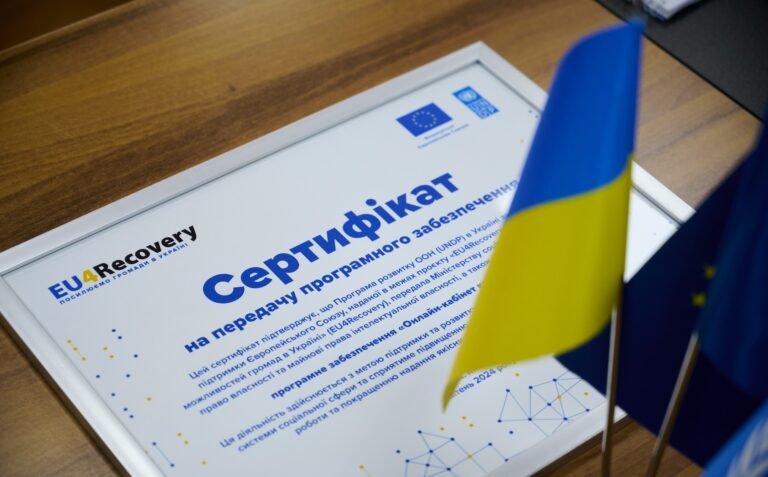
EU and UNDP transfer unified electronic case management system software to Ukraine
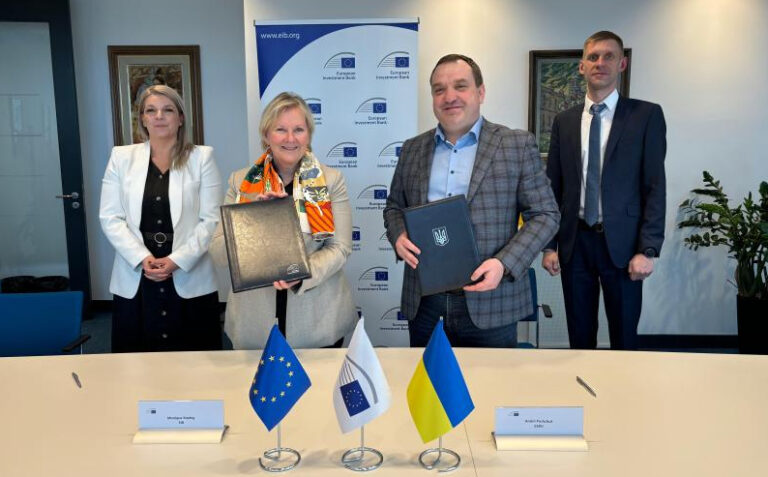
EIB and Ukraine reinforce safeguards for EU bank’s investments in the country
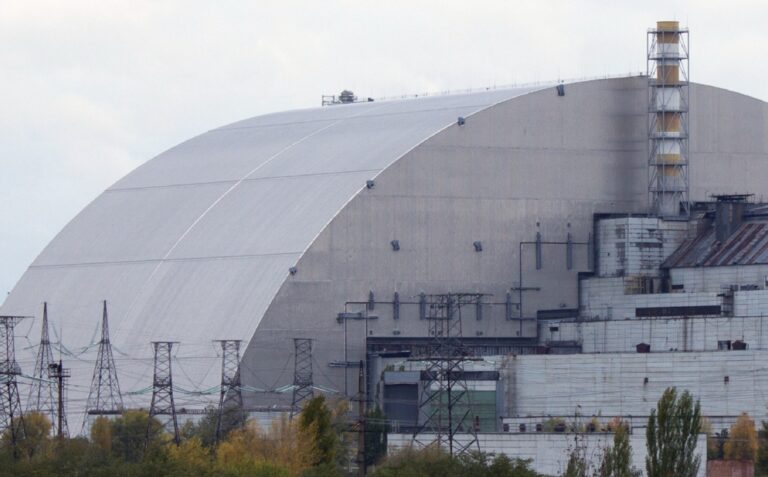
Chornobyl Nuclear Disaster Anniversary: ‘Let us never forget the past to safeguard our future,’ says EU
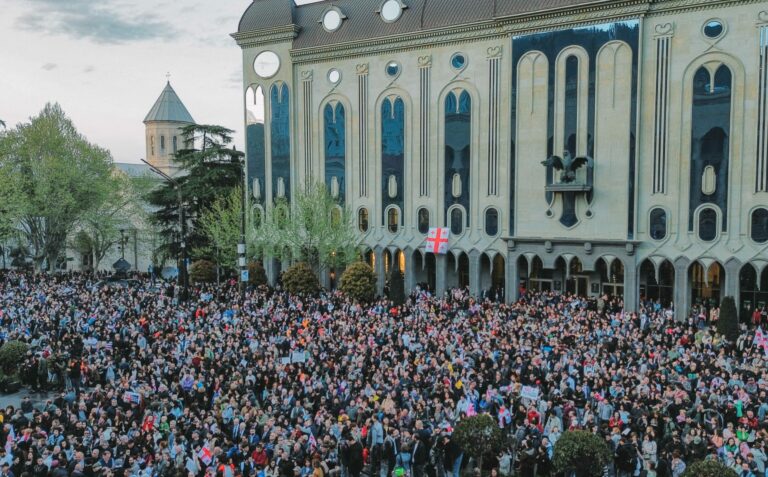
Borrell urges Georgian political leaders to withdraw draft law on foreign influence
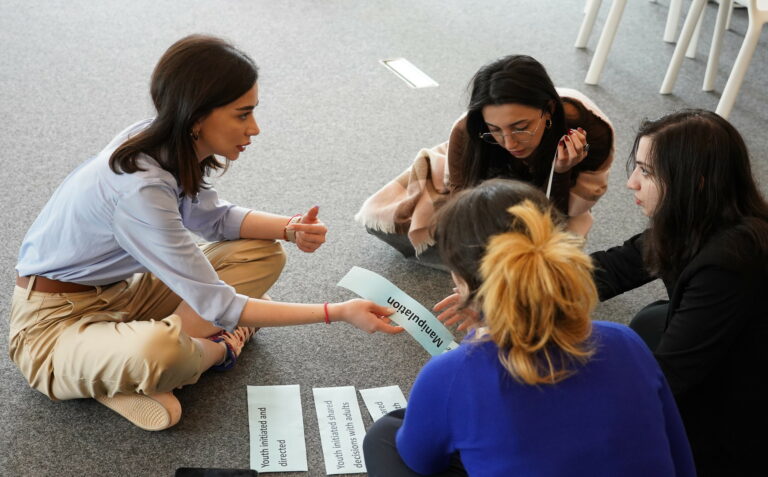
EU4Youth Alumni Network hosts IdeaLab in Tbilisi
More campaign pages:
Interested in the latest news and opportunities?
This website is managed by the EU-funded Regional Communication Programme for the Eastern Neighbourhood ('EU NEIGHBOURS east’), which complements and supports the communication of the Delegations of the European Union in the Eastern partner countries, and works under the guidance of the European Commission’s Directorate-General for Neighbourhood Policy and Enlargement Negotiations, and the European External Action Service. EU NEIGHBOURS east is implemented by a GOPA PACE-led consortium. It is part of the larger Neighbourhood Communication Programme (2020-2024) for the EU's Eastern and Southern Neighbourhood, which also includes 'EU NEIGHBOURS south’ project that runs the EU Neighbours portal.

The information on this site is subject to a Disclaimer and Protection of personal data. © European Union,








